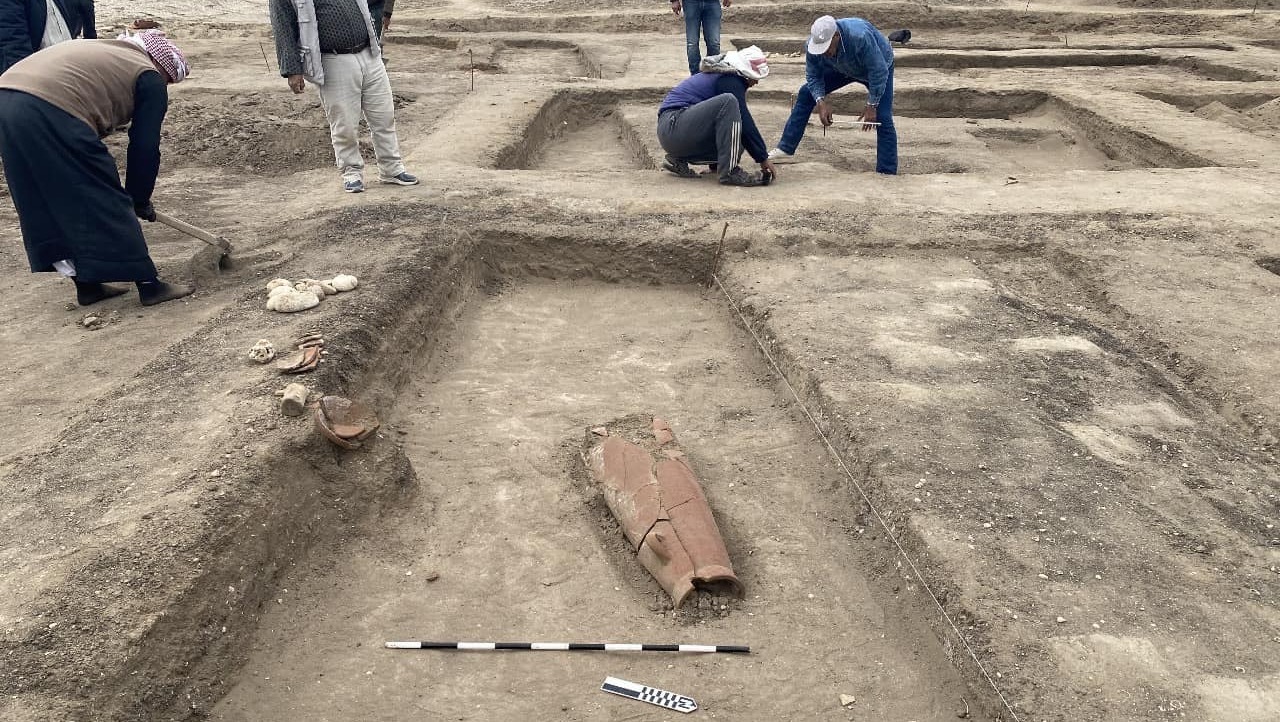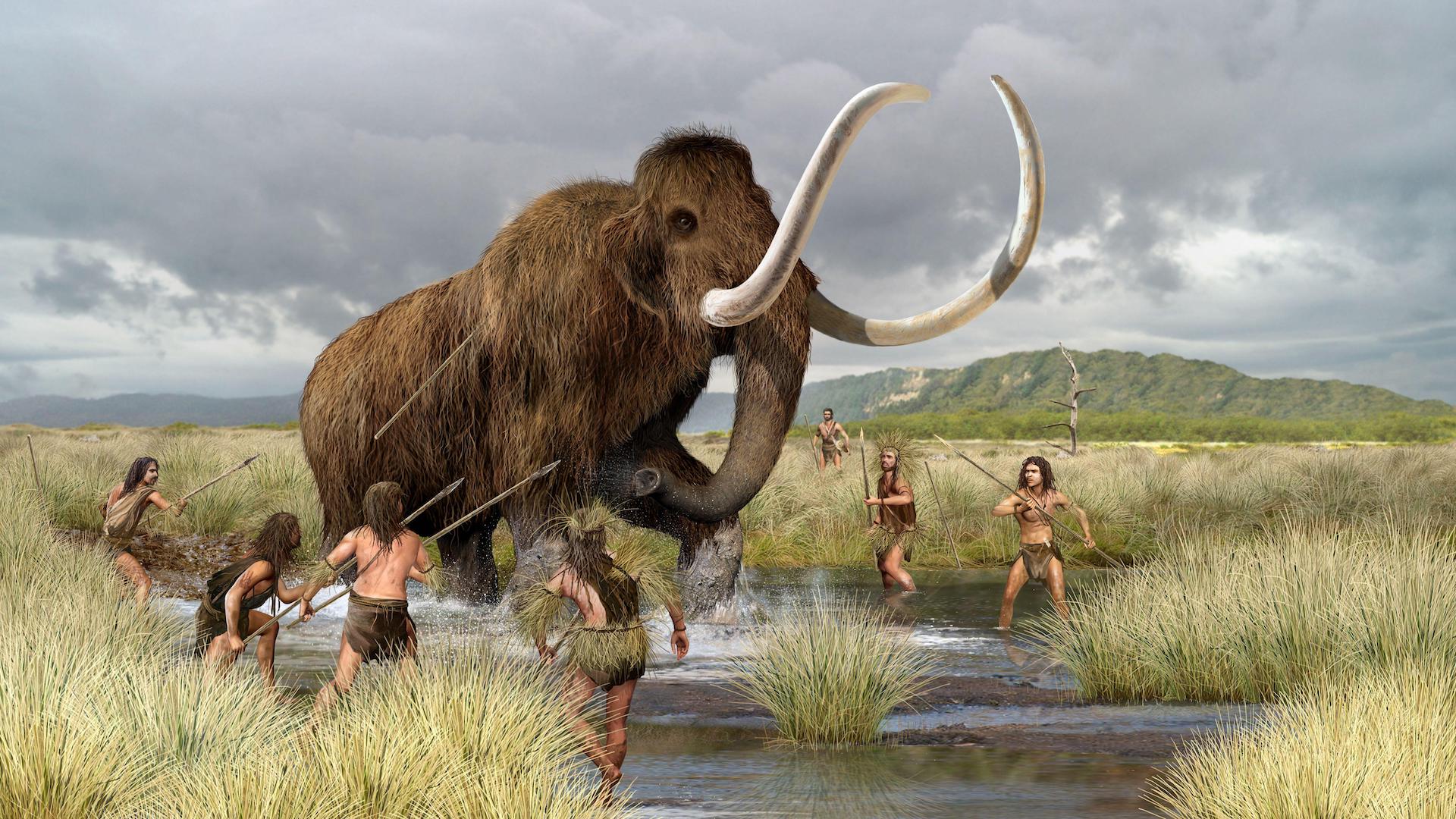Forests, Vol. 15, Pages 674: Selecting Suitable Tree Species for Direct Seeding to Restore Forest Ecosystems in Northern Thailand
Forests doi: 10.3390/f15040674
Authors: Khuanphirom Naruangsri Wasu Pathom-aree Stephen Elliott Pimonrat Tiansawat
To upscale restoration of tropical forest ecosystems, direct seeding—sowing seeds directly into the ground—is potentially a more cost-effective technique than tree planting. However, its success is limited by seed predation, the harshness of environmental conditions on restoration sites and particularly by a lack of information about suitable tree species. Therefore, this study tested the suitability of 23 native forest tree species for direct seeding, to restore a biodiversity-rich, upland, evergreen forest in northern Thailand. Three replicate seed batches of each species were sown randomly in two degraded sites and in a tree nursery under controlled conditions. Seed removal and germination were monitored weekly until no further germination had occurred for more than a month. Subsequently, seedling yield, growth and species performance score were also monitored at appropriate intervals. Nine months after sowing, seed removal differed significantly among species but was generally low, with a cross-species average of 3.4% (±0.5 SE). Seed size was negatively correlated with seed removal. Eight species failed to germinate. Seed germination percentage varied widely among species. Cross-species average germination of the 15 species that germinated was 25% (±6.2 SE). Two species (Adenanthera microsperma and Alangium kurzii) were ranked as having high germination (>50%), five species (Choerospondias axillaris, Spondias pinnata, Diospyros glandulosa, Melia azedarach and Phyllanthus emblica) had medium germination (20–50%) and eight species had low germination (<20%). Following the first dry season, two of the fifteen germinated species failed to establish. Germination and establishment were influenced by seed size, seed storage behavior and successional status. A. microsperma, S. pinnata and C. axillaris are recommended for direct seeding based on their high species performance index values. This study further concluded that selecting desiccation-tolerant seeds, particularly those with medium-to-large sizes, could increase the chances of successful seedling establishment.

 3 weeks ago
14
3 weeks ago
14


